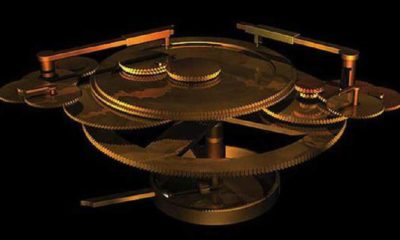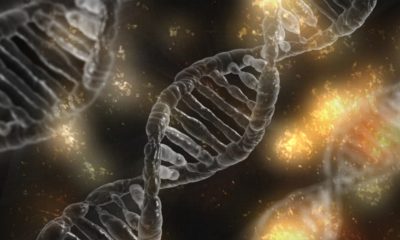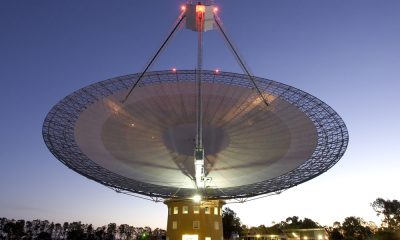Human embryonic stem cells have been successfully cloned by scientists by “transferring the nucleus of another cell.” Researchers from the Oregon Health and Science University and the ONPRC or the Oregon National Primate Research Center used skin cells to create cloned stem cells. This is the very first time that human stem cells have been cloned. Upon testing, the stem cells developed by the researchers turned into other types of human cells in much the same way as those taken from human embryos.
A breakthrough
Embryonic stem cells have finally been created from adult tissue. In the study published in the journal “Cell,” Prof. Shoukhrat Mitalipov and colleagues state that the purpose of their research was to create lines of stem cells and not clone human beings. It took the group only a few months to achieve this milestone, a rather short period for such an undertaking.
The researchers realize that there is still a lot to be done particularly in developing embryonic stem cell treatment methods. The scientists know that their achievement is a major step forward in the use of stem cells for regenerative medicine.
Seventeen years since Dolly
The sheep, Dolly was cloned by Ian Wilmut of the Roslin Institute outside of Edinburgh 17 years ago from a mammary cell. Dolly was the first mammal ever cloned. The same procedure that was used in this pioneering breakthrough was implemented by the scientists from Oregon.
The importance of stem cells
Stems cells are very valuable in medical research since they can turn into any other human cells. They have the property called pluripotentiality. Researchers are studying how embryonic stem cells can be used to replace cells that are damaged through illness or injury. Stem cells also have potential use in the treatment of many different medical conditions.
The findings have very exciting implications. The method used by the scientists could be used to create “personalized” stem cells that have the capacity to repair damaged tissue due to disease or injury. The cells may also be used in the treatment of genetic conditions.
Somatic cell nuclear transfer
The technique known as somatic cell nuclear transfer (SCNT) was the procedure used in the first successful cloning of human cells. This is a technique that has been used in embryonic stem cell research. The very recently published study clarified that the researchers do not intend to clone a human being.
This method entails removing the genetic material from an egg cell donated by a woman. The genetic material is then fused with skin cells in this particular case. The fused cells behave in the same way to an embryo and produces human stem cells.
Ethical issues
The use of SCNT in creating stem cells is governed by many ethical issues. As research continues and new developments arise, there are also financial and scientific considerations need to be taken into account.
Despite detractors, researchers in the field are optimistic of the latest breakthrough. An investigator at the New York Stem Cell Foundation, Dieter Egli considers the results an important advancement in the field and is a breakthrough that many of those in the field have long been waiting for.
Photo Credit: Embryonic Stem Cells















Facebook
Twitter
Pinterest
Google+
LinkedIn
Email